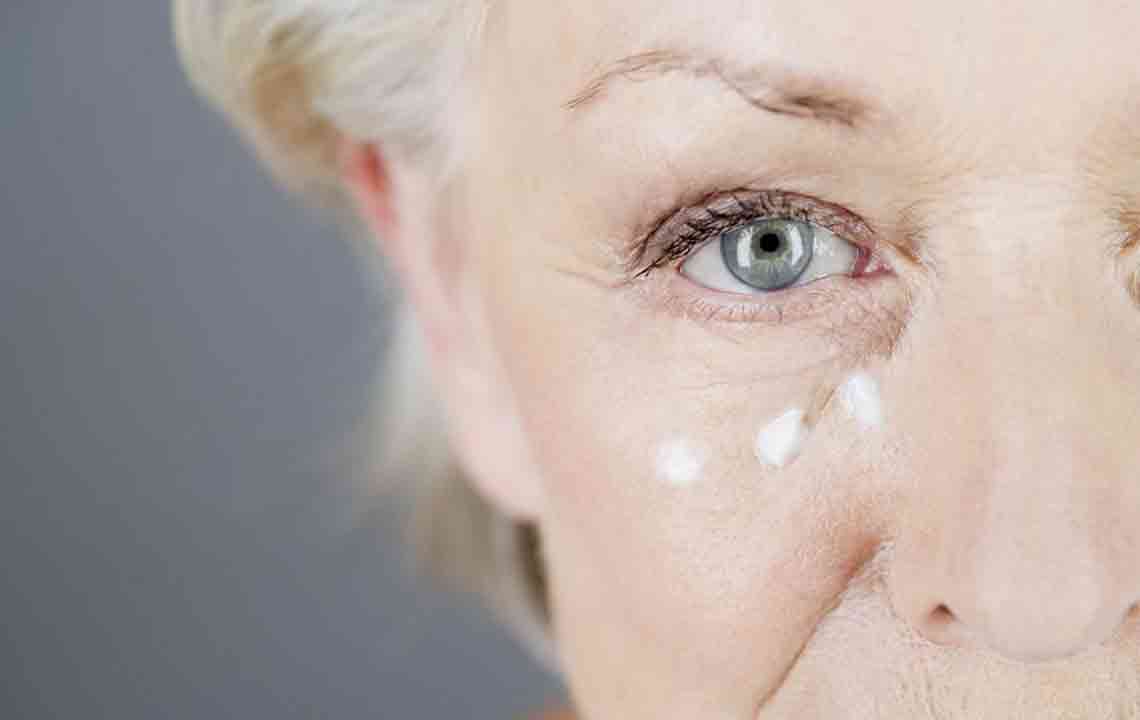Comprehensive Strategies for Relieving Itchy Eyes and Enhancing Eye Comfort
This comprehensive guide explores the common causes of itchy eyes, including allergies, dryness, and infections. It provides effective treatment strategies such as avoiding allergens, using artificial tears, applying cold compresses, and seeking professional medical assistance when necessary. Tips for contact lens hygiene and home remedies are also discussed to help alleviate discomfort and maintain healthy eyes. Whether seasonal or persistent, managing itchy eyes requires personalized care and attention to prevent complications and ensure eye comfort. Learn practical solutions to soothe your eyes today.

Comprehensive Strategies for Relieving Itchy Eyes and Enhancing Eye Comfort
Experiencing itchy eyes is a widespread issue that affects many individuals at various points in their lives. This discomfort can range from mild irritation to intense itching, often accompanied by other symptoms such as redness, swelling, and a burning sensation. One common accompanying issue is itchy eyelids, which tend to be particularly bothersome because they can be difficult to reach and soothe. The area at the base of the eyelashes, known for being a challenging spot to clean or treat, frequently becomes itchy, leading to redness and swelling that can significantly impair daily comfort and sight. This phenomenon is often termed ocular pruritus, referring specifically to the itchy sensation within the eye region. It's essential to address these symptoms promptly and gently since rubbing or scratching worsens the condition, potentially leading to infections or long-term damage.
Common Causes of Itchy Eyes
The underlying causes of itchy eyes are varied, but generally, they are triggered by allergic reactions or foreign debris irritating the eye surface. Common allergens include pet dander, pollen from trees and plants, household dust, mold spores, and certain environmental pollutants. When these substances come into contact with the eyes, the body's immune system responds by releasing histamine, a chemical that causes blood vessels to swell and tissues to become inflamed—leading to the classic signs of redness, swelling, and intense itching. Itching can be more severe if the eyes are scratched, which may introduce bacteria and exacerbate inflammation. Allergies may be seasonal, such as hay fever during spring and fall, or they may be perennial, caused by constant exposure to indoor allergens like dust mites and mold. Not everyone exhibits allergy symptoms; some people might have underlying sensitivities or other underlying conditions contributing to ocular discomfort.
In addition to allergic reactions, various other factors can contribute to itchy eyes. These include dry eye syndrome, which occurs when tear production is insufficient or tears evaporate too quickly, leading to dryness and irritation. Meibomian gland dysfunction, which affects the oil-producing glands in the eyelids, can cause unstable tear film and discomfort. Infections such as blepharitis—an inflammation of the eyelid margins—are often caused by bacteria or mites, resulting in redness, itching, and crusting around the eyelids. Contact lens wearers often experience increased irritation if lenses are not properly cleaned, worn for too long, or if airflow over the eyes is reduced, intensifying dryness and susceptibility to infections. Moreover, irritants from cosmetics, skincare products, or environmental pollutants can also cause or worsen ocular itching, especially if they come into contact directly with the eyes or eyelids.
Given the diversity of causes, treatment approaches must be personalized and targeted. For allergy-induced itching, avoiding known allergens is crucial. This might involve staying indoors during high pollen seasons, using air purifiers, or changing bedding frequently. Over-the-counter antihistamine eye drops or oral medications can help mitigate allergic responses. For dryness issues, using artificial tears, lubricating ointments, and maintaining good eye hygiene can provide relief. If infection or inflammation is suspected, consulting an eye care professional is essential for appropriate diagnosis and treatment, which may include medicated eye drops, antibiotics, or anti-inflammatory agents. Home remedies like cold compresses, cucumber slices, or herbal-infused tea bags (such as chamomile) can also soothe irritated eyes temporarily. For contact lens users, strict hygiene, proper lens removal, and replacement schedules are critical to prevent exacerbating discomfort. Ultimately, consistent eye care, cautious use of products near the eyes, and timely professional consultation are key to managing and preventing itchy eyes effectively.





